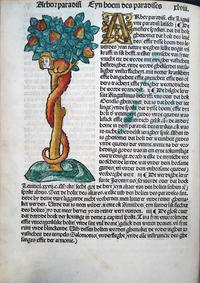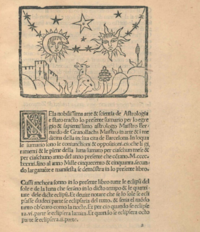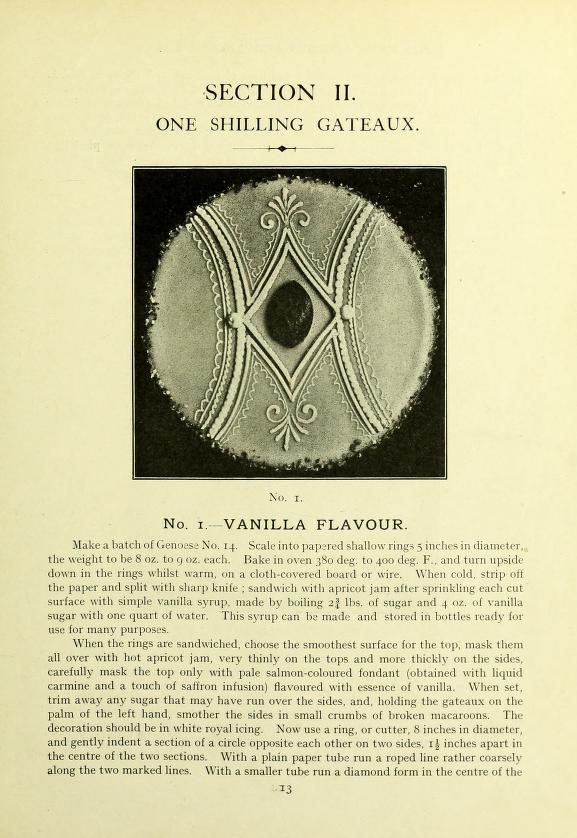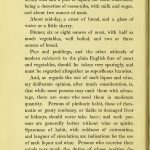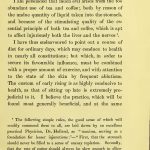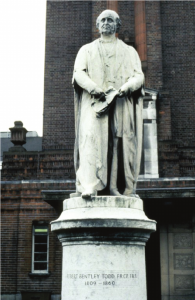ABOUT US:
The Medical Heritage Library, Inc. is a collaborative digitization and discovery organization of some of the world’s leading medical libraries committed to providing open access to resources in the history of healthcare and health sciences. The MHL’s goal is to provide the means by which readers and scholars across a multitude of disciplines can examine the interrelated nature of medicine and society, both to inform contemporary medicine and to strengthen understanding of the world in which we live.
DESCRIPTION:
The Medical Heritage Library (MHL) seeks a motivated fellow to assist in the continuing development of our education and outreach programs. Hosted by one of our member institutions in New York, Boston, New Haven, Philadelphia, or San Francisco, the fellow will develop curated topical collections or sets for MHL website drawn from the over 300,000 items in our Internet Archive library. These curated collections provide a means for our visitors to discover the richness of MHL materials on a variety of topics relevant to the history of health and the health sciences. As part of this work, the fellow will have an opportunity to enrich metadata in MHL records in Internet Archive to support certain types of scholarship/inquiry, such as reproductive health, human sexuality, race and equity in healthcare, or other topics to be determined. The fellow will also begin developing educational materials tied to K-12 and/or university level curriculum.
The fellowship is paid and may be taken for course credit.
DUTIES AND RESPONSIBILITIES:
- Based on the input of MHL members and others, work on the creation of curated sets of materials drawn from MHL collections.
- Enrich MHL metadata to highlight underrepresented topics in our Internet Archive collections.
- Participate in creating and implementing social media promotions and campaigns.
- Other duties as assigned.
QUALIFICATIONS AND EXPERIENCE:
This position is open to all qualified graduate students with a strong interest in medical or health history, with additional interests in library/information science or education. Strong communication and collaboration skills are a must. Fellows are expected to learn quickly and work independently.
FELLOWSHIP DURATION:
The fellowship will take place anytime between the end of May 2020-mid-August 2020
HOURS:
20 hours per week, over 12 weeks.
SALARY:
$20/hour
To apply, please provide the following:
Cover letter documenting interest in position
Curriculum Vitae
2 References
Please submit your application materials by Friday, April 3, 2020 to:
Attn: Fellowship committee medicalheritage@gmail.com






